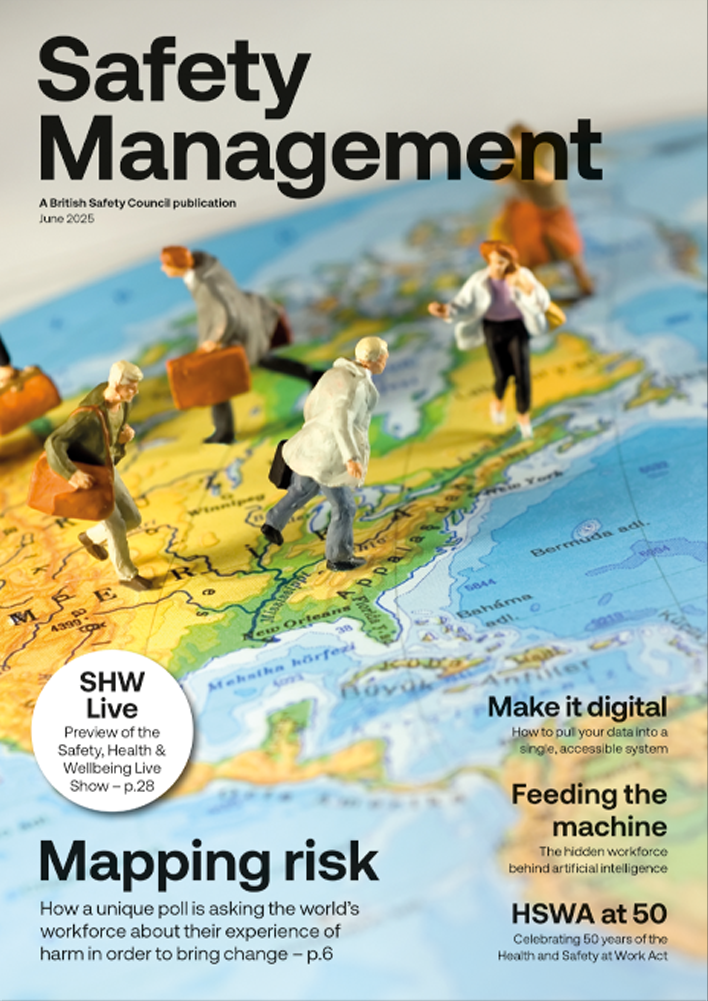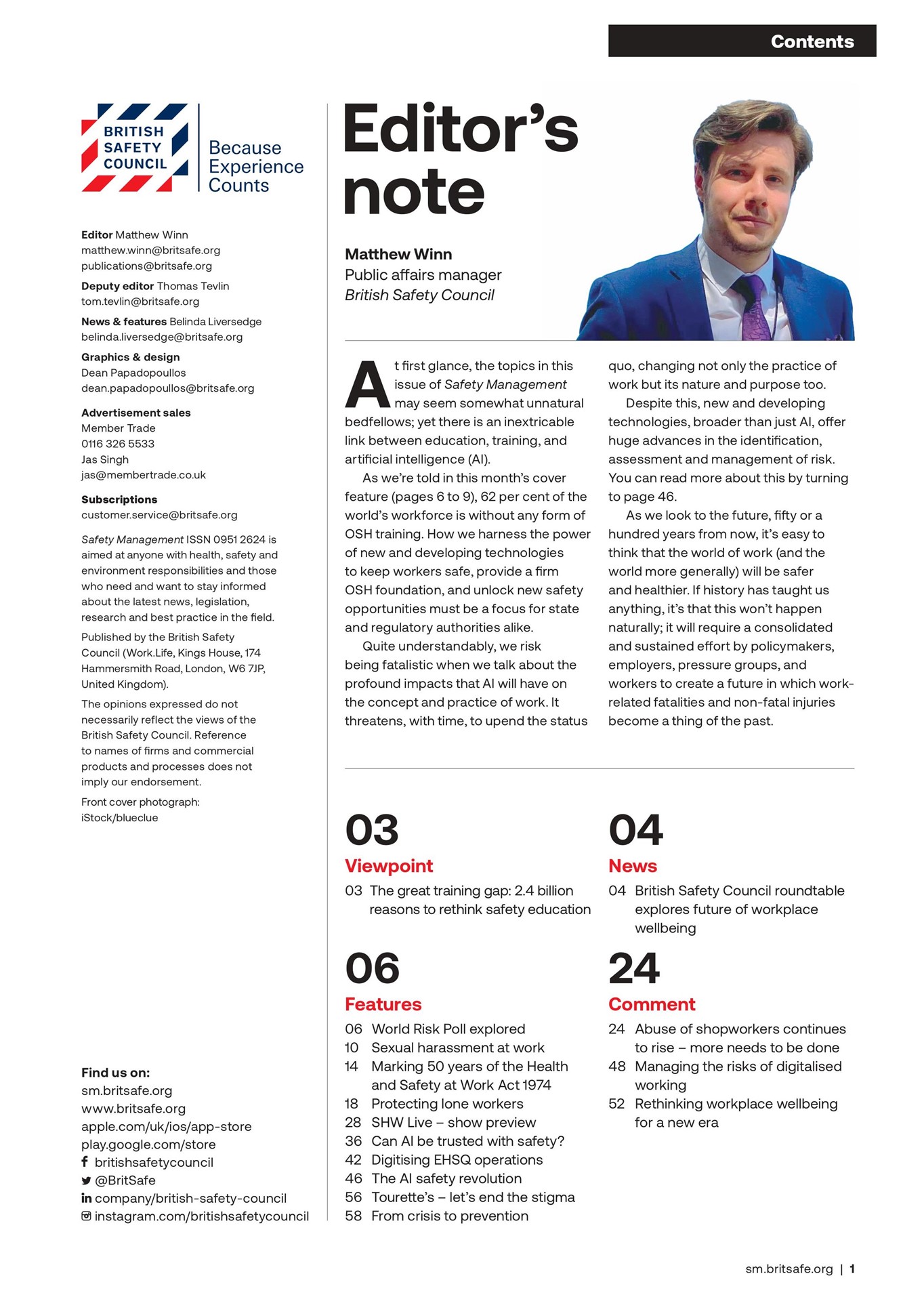Former Olympian Becky Adlington says it was like ‘going into a hole’ when reaching burnout as a young swimmer.
News
Becky Adlington speaks out on burnout
Speaking at a conference, she said: “In sport you’re already stressed and tired anyway, if you’re not pushing your body to the limit every day then you’re not really doing the work. But as I got older, I’d recognise the signs – we used to call it ‘going into a hole’.
“It’s that feeling of constantly being overwhelmed and pressured.”
An ambassador for the Not A Red Card campaign – which sets out to show it’s not bad to talk about mental health in the workplace – Becky said there are still tough barriers to opening up.
 Becky Adlington is an ambassador for the Not A Red Card campaign run by Legal & General
Becky Adlington is an ambassador for the Not A Red Card campaign run by Legal & General
“We can all recognise the signs when we’re feeling immense stress. Mentally and emotionally, I’ll get to the point where I don’t want someone to talk to me, I want to be by myself. It’s too much of a challenge to even have a conversation with somebody.”
Becky was keynote speaker at the Employee Wellbeing Congress 2020, held virtually over Wednesdays in September. She was invited to discuss burnout and to share her tips for employers and individuals to tackle it.
She recommends home workers set boundaries, such as not reading or sending work emails after 6pm.
She also stressed how important it is for staff to have a supportive network they can turn to in difficulty or to inspire and motivate them.
“One thing that was really important to me as a swimmer in the athlete world was having a support team around me. That’s really important in business as well – we’ve got to have supportive relationships and you’ve got to be asking people how they are but also, knowing who you can turn to.”
Becky Adlington was speaking at the Employee Wellbeing Congress: www.employeewellbeingcongress.co.uk
NEWS

“One ill-judged behaviour can decimate a culture”: leaders debate leadership at SHW Live
By Belinda Liversedge on 20 June 2025
“Your behaviour [as a leader] and your words [are so important in creating] a safe space. People underestimate how much [those below you] are looking and watching you [as a role model],” Jonathon Gawthrop, Chair of the MIND charity Mental Health at Work Council said at SHW Live’s leadership panel. “One [ill-judged] behaviour can decimate a culture.”

Hybrid working the “new normal” for more than 1 in 4 workers
By Belinda Liversedge on 18 June 2025
Hybrid working, which involves splitting time between the home and office, has become the "new normal" for more than one in four workers, official figures show.

BSI invites views for UK’s first suicide awareness standard
By Belinda Liversedge on 16 June 2025
The first standard dedicated to suicide awareness and education has been put out for public consultation.



